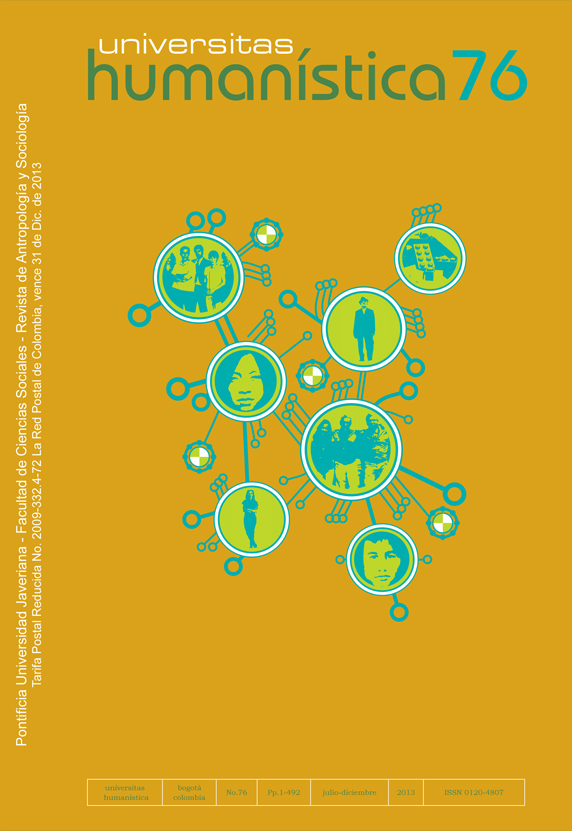Resumen
Este trabajo inicia con una revisión somera de algunos antecedentes que llevaron a la configuración actual del mundo, en particular sobre qué pasó con la idea de la nación y el Estado-Nación y con la revolución de los valores generales en los años de la posguerra y su rápida erosión en décadas recientes. Seguidamente se retoma la constitución de los Estados-Nación en el mundo post colonial y el sueño de la modernidad. Continúa con un análisis del tránsito desde el ámbito de la ciencia “nacional” en el régimen del Estado-Nación a las redes de investigación deslocalizadas de la fase actual. Posteriormente se refiere a la nueva gobernabilidad global y a formas emergentes de investigación científico-técnica. Concluye con algunas reflexiones sobre lo que se necesita en el futuro para lograr una forma de investigación que responda al desafío real y no cosmético del co-diseño del conocimiento a través de las distintas fronteras existentes en nuestro mundo desigual, en procesos reales de co-construcción.

La revista Universitas Humanística se encuentra registrada bajo la licencia Creative Commons Reconocimiento 4.0 Internacional. Por lo tanto, esta obra se puede reproducir, distribuir y comunicar públicamente en formato digital, siempre que se reconozca el nombre de los autores y a la Pontificia Universidad Javeriana. Se permite citar, adaptar, transformar, autoarchivar, republicar y crear a partir del material, para cualquier finalidad (incluso comercial), siempre que se reconozca adecuadamente la autoría, se proporcione un enlace a la obra original y se indique si se han realizado cambios. La Pontificia Universidad Javeriana no retiene los derechos sobre las obras publicadas y los contenidos son responsabilidad exclusiva de los autores, quienes conservan sus derechos morales, intelectuales, de privacidad y publicidad.
El aval sobre la intervención de la obra (revisión, corrección de estilo, traducción, diagramación) y su posterior divulgación se otorga mediante una licencia de uso y no a través de una cesión de derechos, lo que representa que la revista y la Pontificia Universidad Javeriana se eximen de cualquier responsabilidad que se pueda derivar de una mala práctica ética por parte de los autores. En consecuencia de la protección brindada por la licencia de uso, la revista no se encuentra en la obligación de publicar retractaciones o modificar la información ya publicada, a no ser que la errata surja del proceso de gestión editorial. La publicación de contenidos en esta revista no representa regalías para los contribuyentes.


